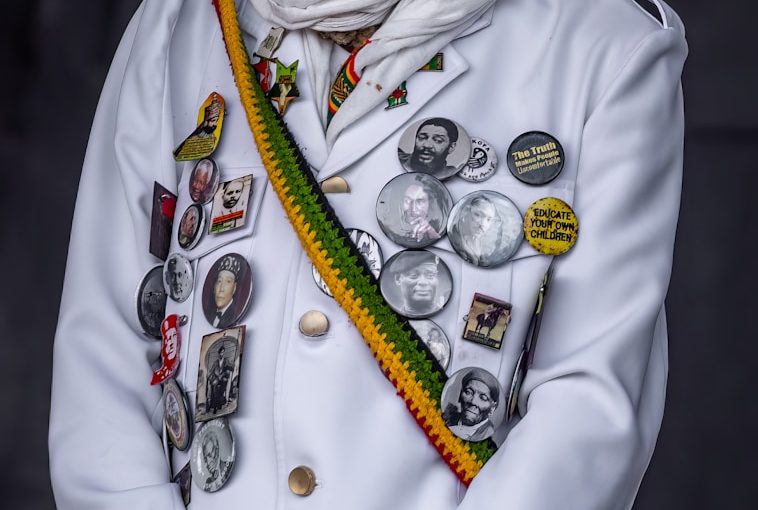In one notable exchange, Trump praised Liberian President Joseph Boakai for his English skills, seemingly unaware that English is Liberia’s official language. The West African nation was founded in the 19th century by freed American slaves, and English has been the country’s official language since its establishment.
The meeting also featured another uncomfortable moment when Trump reportedly gestured at one of the visiting leaders to conclude their remarks, a move that some diplomatic experts might view as dismissive.
Historical Context of U.S.-Africa Relations
This meeting comes at a time when U.S. engagement with Africa faces increasing competition from other global powers, particularly China and Russia. Over the past decade, China has dramatically expanded its economic footprint across Africa through its Belt and Road Initiative, offering infrastructure development and loans to numerous countries.
The Trump administration has previously shown mixed signals regarding its Africa policy. In 2018, former Secretary of State Rex Tillerson embarked on a five-nation tour of Africa to strengthen ties, but his trip was cut short when he was fired via Twitter while still on the continent.
Trump’s previous comments about African nations have sometimes sparked controversy. In 2018, he reportedly referred to some African countries using derogatory language during a private meeting about immigration, causing diplomatic tensions that required extensive damage control from the State Department.
Current Diplomatic Priorities
The July meeting in Washington represented an opportunity for the administration to reset relations with key African partners. The five leaders in attendance came from countries with strategic importance to U.S. interests, including security cooperation, trade relations, and regional stability.
For African nations, maintaining positive relations with the United States remains important despite growing ties with China and other powers. U.S. development aid, security assistance, and market access continue to be valuable resources for many African economies.
Key issues likely discussed during the meeting included:
- Regional security challenges, particularly terrorism in the Sahel region
- Trade relations under the African Growth and Opportunity Act (AGOA)
- Health initiatives, including pandemic preparedness
- Democracy and governance support
Expert Analysis
Foreign policy analysts note that personal diplomacy plays a significant role in international relations, and moments of cultural misunderstanding can impact how U.S. leadership is perceived abroad.
“Knowledge of basic facts about partner countries is considered fundamental preparation for high-level diplomatic engagements,” said a former State Department official who requested anonymity. “These types of missteps can undermine years of careful diplomatic work by career professionals.”
African diplomats have generally responded with restraint to such incidents, focusing instead on the substantive aspects of the relationship. However, public perception in African countries can be influenced by these interactions, potentially affecting how U.S. policies are received.
The White House has not issued any specific comment regarding the interactions during the meeting, though administration officials have emphasized the importance of U.S.-Africa relations in subsequent statements.
As global competition for influence in Africa intensifies, diplomatic engagement at the highest levels will likely remain a priority for both the United States and African nations, regardless of occasional awkward moments in personal diplomacy.







